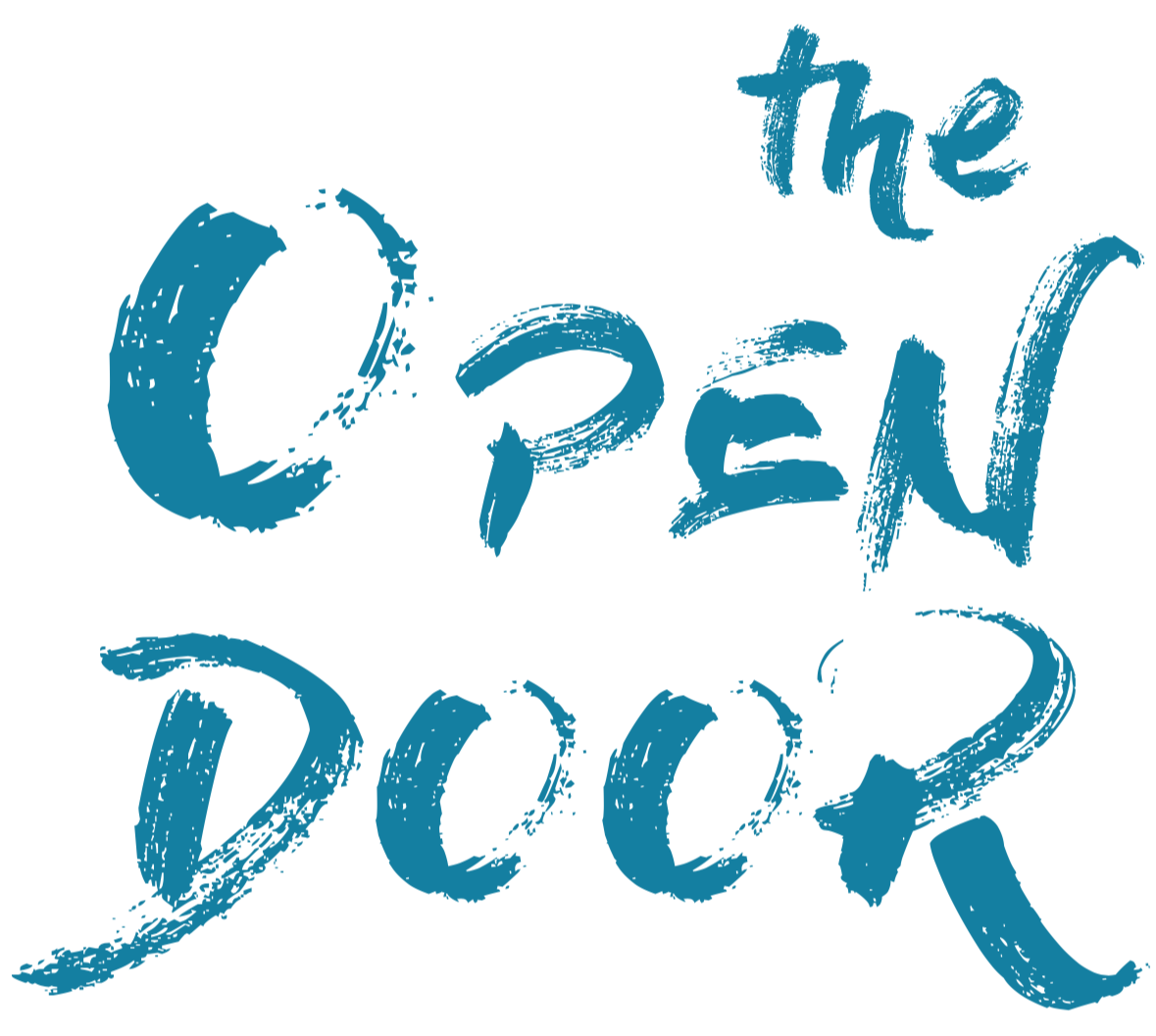A Window into Wellness
My Psychology work experience at The Open Door
Spending time at The Open Door wasn’t just about observing the psychology of others, it was about understanding human resilience, compassion and the profound impact of mental health support. My work experience at the clinic offered me a front-row seat to how Psychology moves beyond textbooks and becomes a tool for healing, empowerment and everyday growth.
Over the course of my placement, I had the privilege of engaging with professionals across different areas of psychology and wellness, as well as contributing behind the front desk. This mix of observation and hands-on learning gave me a holistic view of how multidisciplinary teams work together to support mental health.
From the moment I walked into the clinic, I noticed an atmosphere that felt different. Unlike a busy hospital or sterile office, the wellbeing clinic was deliberately calm. Soft lighting, nature-inspired décor and friendly voices created a therapeutic environment that helped clients feel grounded and safe. I especially took notice of the herbal tea that was on offer to anyone who walked in as a gentle reminder to pause, breathe and take a moment. It immediately struck me how intentional the environment was. This simple gesture created a warm, soothing atmosphere that helped clients and staff alike begin their visit feeling grounded. It was a quiet lesson in the psychology of space and sensory design; how little details can make a big impact on emotional comfort.
The clinic serves a diverse group of clients; some seeking therapy, others attending group support sessions and some joining holistic services like reflexology or homeopathic consultations. This integrative approach helped me appreciate how psychology can work alongside complementary practices to support the whole person.
I was especially fascinated by the role of psychoeducation. Therapists often use simple visuals or metaphors to explain complex concepts like the fight-or-flight response or the window of tolerance, helping clients build awareness of their own patterns and make empowered choices. One counsellor I had the opportunity to chat with explained how they tailor their approach depending on the individual’s needs, goals and neurodiversity.
One of the most memorable parts of the week was attending a wellbeing group for women over 60. The women meet weekly to reflect, connect and explore topics related to confidence, loneliness and gratitude in later life. What struck me most was the strength of community; how much healing can come simply from being seen and heard. There was laughter, honesty and wisdom in every exchange and I was reminded that mental health support doesn’t always come in the form of diagnosis or therapy. Sometimes, it’s found in shared tea, gentle conversation and holding space for one another’s stories.
What I couldn’t learn in a textbook was the emotional intelligence it takes to work in a setting like this. Every team member, from clinicians to admin staff, demonstrated empathy, patience and non-judgement in action. The staff were incredibly generous with their insights. They explained how burnout can affect practitioners and emphasised the importance of boundaries and reflective practice. All of which gave me a clearer sense of how ethical, team-based work supports both clients and clinicians alike.
This experience reaffirmed my passion for psychology and mental health. It made the theory I have studied feel real, human and urgent. It also opened my eyes to career pathways I hadn’t considered before, from clinical psychology and counselling to wellbeing coaching and community outreach.
More than anything, I left with a deeper sense of empathy and clarity. I better understand the barriers people face when accessing mental health services and I’m motivated to be part of building a more inclusive and compassionate system.
This placement expanded my understanding of psychology from a theoretical subject to a deeply human, adaptable profession. I learned about the importance of teamwork, boundaries and reflective practice. Each professional I met brought a different strength to the table, but all shared a commitment to compassion and client empowerment.
It also helped clarify my own future goals. Whether I pursue clinical training, counselling or something in between. I now understand the type of team I want to be part of, one that sees the person, not just the diagnosis.
Although I didn’t sit in on therapy sessions, due to confidentiality, my time at The Open Door was anything but passive. Speaking directly with professionals across disciplines helped me map out the real-life terrain of psychology in action. It also gave me clarity, not only about the kind of work I might want to do, but the kind of psychologist I want to become.
